Start Your Digital Future with Expert Computer Science Tuition

Computer science is the language of the modern world. From app development and AI to cyber security and data science, digital skills underpin nearly every industry. GCSE Computer Science builds the logical, computational and problem‑solving skills needed for advanced study and the workplace.
Whether you aspire to become a software engineer, data analyst, game developer or simply want to understand the technology around you, a strong grade in GCSE Computer Science will open doors and broaden your horizons.

At RS Remote Tutoring, we offer personalised one‑to‑one tuition that adapts to your exam board, learning style and goals. Our online lessons engage students through real‑world coding tasks, visual explanations and plenty of practice. With expert guidance, you can master algorithms, programming and theory, build confidence and achieve top grades.
Our tutors design a custom learning plan based on diagnostic assessments, ensuring each session focuses on the areas you need most
All tutors have degrees in Computer Science, Software Engineering or a related field and industry experience. They are DBS‑checked and trained to teach both the theoretical and practical elements of GCSE Computer Science.
We cover AQA, Edexcel/Pearson, OCR and WJEC/Eduqas. Each board follows national standards but differs in assessment style. Our tutors ensure you’re familiar with your board’s specifications and question formats.
Learn from anywhere with a digital whiteboard, live coding environment, screen sharing and lesson recording. You can revisit your sessions whenever you need.
Students regularly increase their grades by two or more levels, moving from a 4/5 to a 7–9. Many go on to succeed in A‑Level Computer Science and pursue STEM careers.
AQA’s specification emphasises that GCSE Computer Science equips students with logical and computational skills necessary to succeed at A‑level, in the workplace or beyond. Studying computer science trains you to:
Break down complex problems into smaller steps and design efficient solutions.
Implement algorithms using programming languages such as Python, C# or VB.NET, practise modular design and test data to ensure accuracy.
Explore how computers store and process data, the architecture of hardware and operating systems, and how networks enable global communication.
Evaluate the ethical, legal and environmental implications of technology and data
These abilities are transferable across subjects and careers, from science and engineering to business and finance. Employers value candidates who can think logically, handle data and use technology effectively.
The digital economy is one of the fastest‑growing sectors worldwide. High‑paying roles in software development, cyber security, artificial intelligence and data analysis all require strong computer science fundamentals. By mastering GCSE Computer Science now, you build a foundation for:
A‑Level Computer Science and university degrees in Computer Science, Software Engineering, Data Science, Artificial Intelligence, Cyber Security and related fields.
Apprenticeships in IT support, coding bootcamps or network engineering.
Professional certifications such as Cisco, CompTIA or Microsoft that lead to specialised roles.
Creative careers like game design, digital media, web development and technology entrepreneurship.
We begin with a diagnostic assessment to identify your current level, strengths and gaps. Based on the results, your tutor designs a bespoke curriculum that aligns with your exam board’s specification. Goals and milestones are set for each topic, ensuring steady progress.
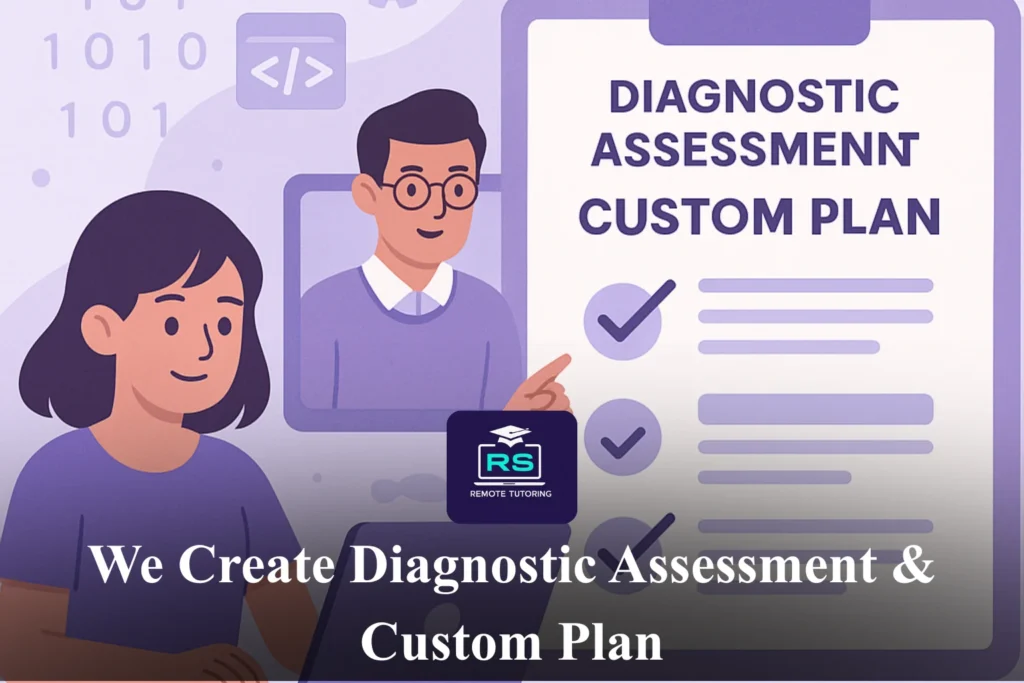
One‑to‑one tutoring provides a safe space where you can ask questions, experiment and learn without judgement. Without classroom distractions, you can focus deeply on challenging concepts. Research shows that personalised tutoring offers significantly greater academic gains than group learning. Students receiving one‑to‑one support gain the equivalent of 30 extra days of school compared to peers
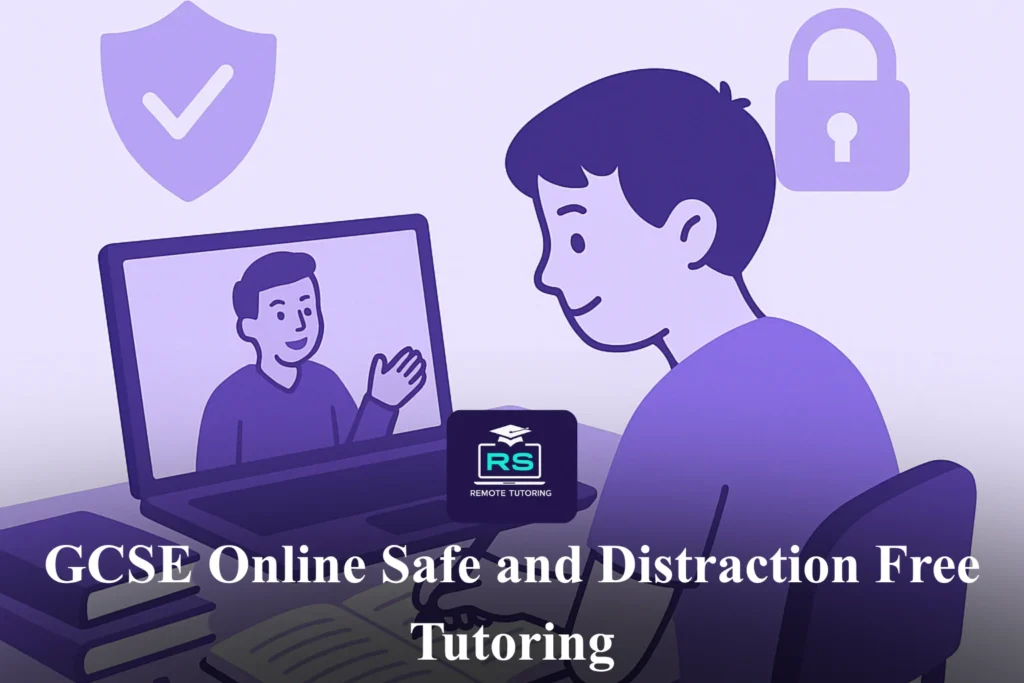
Our lessons utilise a digital whiteboard and live coding environment. You and your tutor can write and debug code together using Python, Java or other languages. We share past papers, mark schemes and programming tasks in real time. Session recordings allow you to review code walkthroughs and explanations whenever you revise
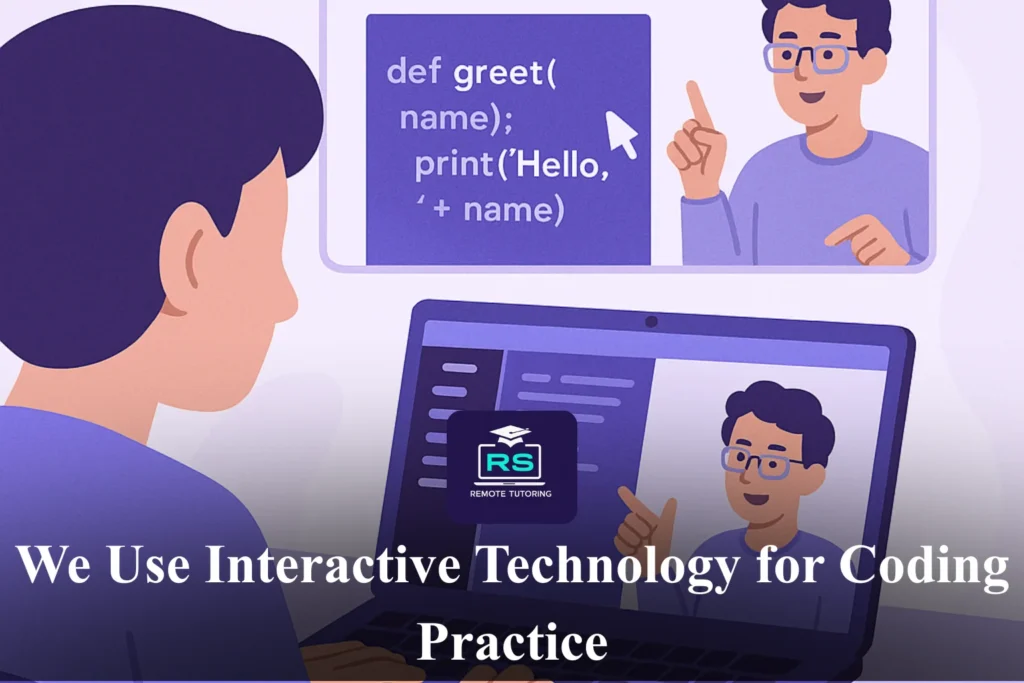
After each session, you’ll receive feedback outlining what you’ve mastered and what requires further practice. Parents can access weekly progress reports via our secure portal. This transparency encourages accountability and helps you stay motivated.
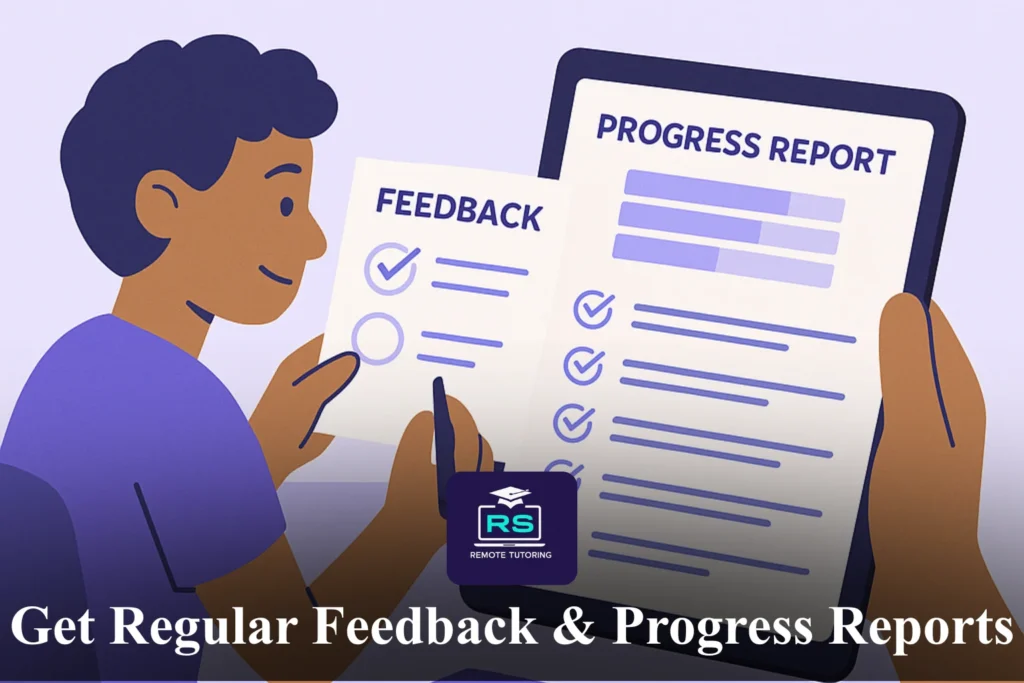
Computer Science GCSE is offered by several exam boards. Each board must adhere to national standards but differs slightly in exam structure and focus. Our tutors guide you through your specific specification
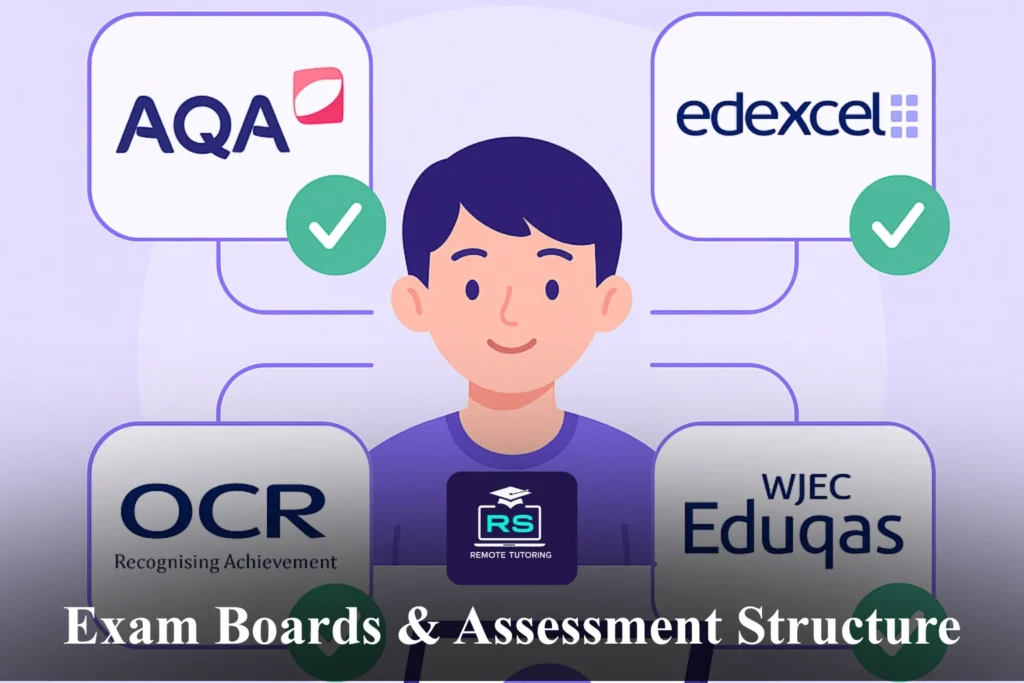
Computational thinking and programming skills (2 hours, 90 marks, 50%). Assesses problem‑solving, algorithm design, code tracing and programming concepts. You design, write, test and refine code in Python, C# or VB.NET.
Computing concepts (1 hour 45 minutes, 90 marks, 50%). Covers data representation, computer systems, networks, cyber security, databases and ethical issues.
Python 3, C# and VB.NET. You must demonstrate skills in structuring programs, including data validation, testing and debugging.
Two written papers (2 hours each) covering computational thinking & programming and computer science theory. The specification emphasises clear modular structure, with coding tasks integrated into written papers.
Programming tasks may be in Python or another high‑level language chosen by the school. Edexcel provides resources and sample code on its website.
Paper 1 (Computer systems) and Paper 2 (Algorithms and programming). Paper 1 covers hardware, networks, security and law. Paper 2 focuses on algorithms, programming, and computational logic.
Students must complete a programming project (NEA) to practise coding, although it no longer counts toward the final grade.
One focusing on computational thinking & problem solving, the other on computer systems and networks.
Emphasises extended response questions and real‑life applications.
Exams are taken at the end of the course.
Some boards (e.g., AQA) offer both tiers; others only have one. Foundation papers cover grades 1–5; higher covers 4–9.
Programming projects are used for skills practice but do not contribute to the final grade (for most boards).
Our tutors ensure you’re fully prepared for your board’s exam formats, including question types, mark schemes and expected programming languages.
Our curriculum covers all key topics required by AQA, Edexcel, OCR and WJEC. We tailor lessons to your specification and learning style.
Understanding what algorithms are and how they differ from programs
Decomposition, abstraction and systematic problem solving
Pseudocode, flowcharts and trace tables to represent algorithms
Comparing algorithm efficiency and understanding search and sort algorithms (linear & binary search, bubble & merge sort)
Analysing algorithm inputs, processes and outputs
Choosing and using suitable data types: integer, real/float, Boolean, character, string
Variables, constants, assignment, iteration (for/while loops) and selection (if/else)
Subroutines (functions/procedures) and modular programming
Writing, testing and debugging code in Python, C# or VB.NET
Designing appropriate test data (normal, boundary, erroneous) and refining programs based on test results
Understanding and using pseudocode and exam board‑specific reference languages.
Binary, hexadecimal and decimal number systems.
Representing images (bitmaps, vector), sound and integers.
Character encoding (ASCII, Unicode).
Data compression and encryption basics.
CPU components (ALU, control unit, registers) and the fetch‑decode‑execute cycle.
Memory (RAM/ROM), secondary storage (SSD/HDD), and cloud storage.
Operating systems, utility software and virtual machines
Types of networks (LAN, WAN, the Internet) and topologies (bus, star, mesh).
Protocols (HTTP, HTTPS, TCP/IP, FTP, SMTP) and network hardware (routers, switches).
Cyber security threats (malware, phishing, denial of service) and preventive measures (firewalls, anti‑virus, encryption, user authentication).
Relational databases: tables, fields, records and relationships.
Structured Query Language (SQL) commands: SELECT, WHERE, JOIN, INSERT, UPDATE and DELETE.
Normalisation and data integrity.
Practical SQL tasks as tested in Paper 2.
Intellectual property and copyright law.
Data protection (GDPR) and privacy issues.
Environmental impact of digital technology and e‑waste.
Digital divide and accessibility.
Our tutors break down each topic into manageable lessons with clear explanations, worked examples and plenty of coding practice. We combine theoretical understanding with practical application to ensure you can answer extended questions and design robust programs.
Exam success requires more than knowledge; you need to apply concepts under pressure. Practising past papers is one of the most effective revision strategies. Past papers help you:
Identify recurring topics and question patterns, allowing you to target your revision.
Understand mark schemes and examiner expectations
Familiarise yourself with question styles and command words
Develop time management and exam strategy
Build confidence and reduce anxiety through repeated exposure
Exams are taken at the end of the course.
Some boards (e.g., AQA) offer both tiers; others only have one. Foundation papers cover grades 1–5; higher covers 4–9.
We design coding challenges that mirror exam tasks. You practise writing algorithms in pseudocode and Python, refine your code, and debug using test data
Tutors show you how marks are allocated and teach you to structure extended answers effectively.
We track progress with periodic mock exams and adjust the learning plan accordingly.
Our team of Computer Science tutors includes teachers, software engineers and university graduates with subject expertise and teaching experience.
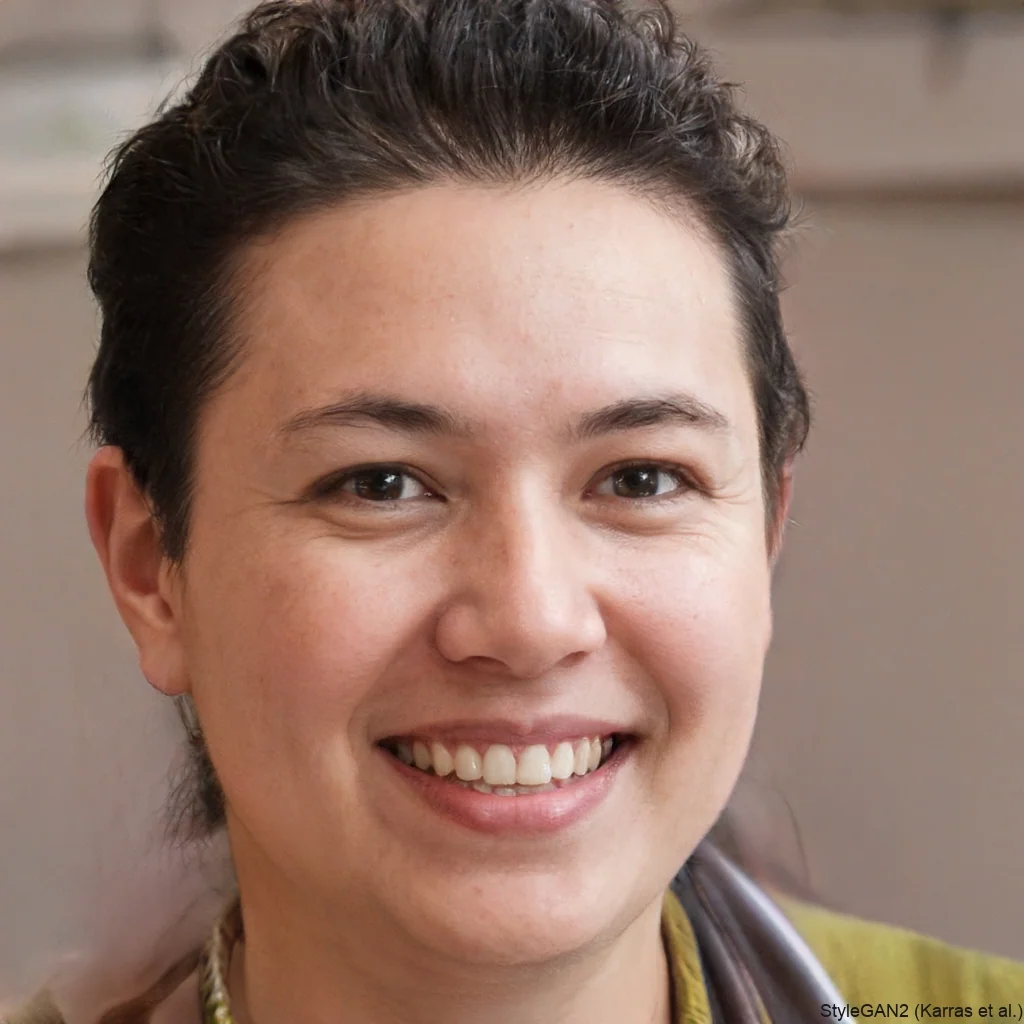
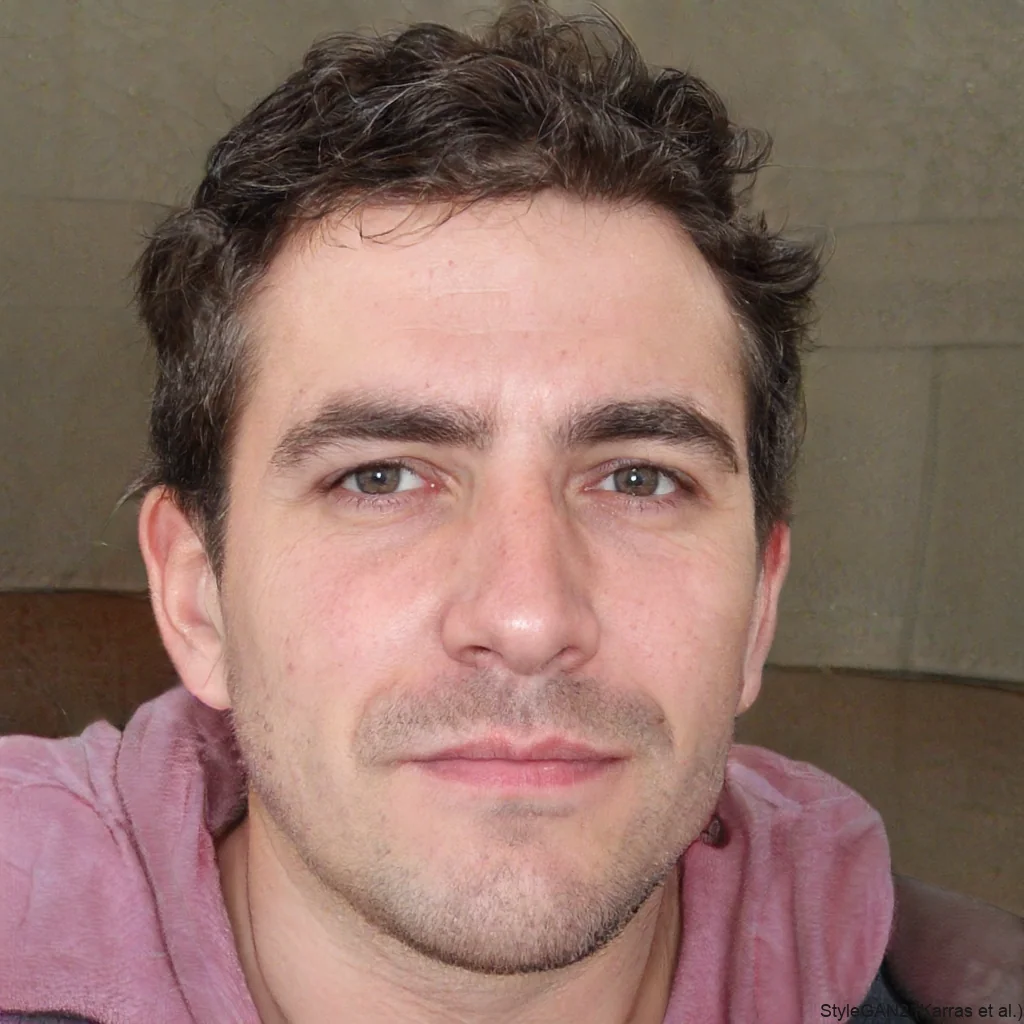
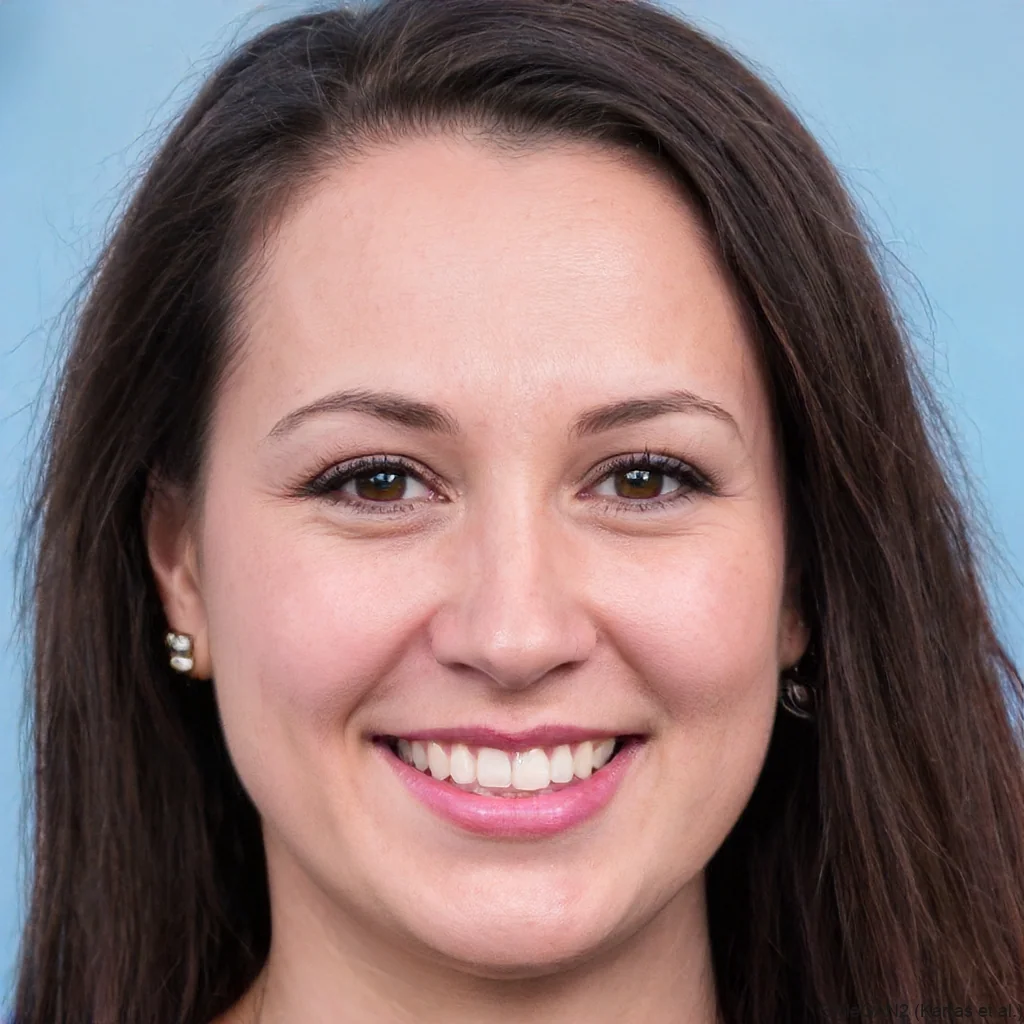
During your consultation we learn about your goals, exam board, preferred learning style and personality. We then pair you with a tutor who specialises in your board and resonates with your approach to learning. If at any point you’d like to change tutors, just let us know.
Computer science is best learned through doing. To develop practical skills and maintain engagement, we integrate real‑world projects:
Coding Mini‑Projects
Build simple applications like calculators, text‑based games, or tools. These tasks includes programming concepts &show how code solves practical problems.
Problem‑solving challenges
Tackle algorithmic puzzles, sorting lists efficiently or optimising route planning, to develop computational thinking.
Database Design
Create a relational database for a library or store and write SQL queries to manage data.
Cyber security scenarios
Analyse case studies of data breaches and propose security measures.
This project‑based approach keeps lessons interesting and demonstrates how computer science translates into everyday life and future careers.
Our online platform makes learning accessible wherever you are. Each session includes:
Real‑time video conferencing with your tutor.
Shared code editors and digital whiteboards.
Lesson recording for later review
Instant file sharing and past paper resources.
We know students juggle multiple subjects and extracurricular activities. Choose from after‑school, evening and weekend slots. We recommend at least one 60‑minute session per week; for intensive exam preparation, increase to two sessions plus independent practice.
Memorise definitions (e.g., abstraction, decomposition, algorithm, CPU, RAM) using flashcards and spaced repetition.
Writing small programs or editing existing code consolidates syntax and logic. Aim for 20–30 minutes of coding practice most days.
When solving exam questions, always outline your solution in pseudocode or a flowchart before writing code. This clarifies your thinking and reduces errors.
Explaining algorithms or data representation concepts to a classmate or family member helps you identify gaps in your understanding.
Don’t just check the final answer, study the mark scheme and model solutions to understand how marks are awarded.
Keep a revision log, track topics you’ve mastered and plan your revision schedule around exam dates and mock assessments.
Balance study with rest and physical activity to maintain focus and avoid burnout.
Want to know more about our tutors? Contact us today to discuss your requirements.
Aisha, Year 11 (AQA)
Struggled with algorithm efficiency and pseudocode. After structured lessons and timed coding drills, she achieved a Grade 9 in her GCSE and has now started A‑Level Computer Science.
Sam, Year 10 (OCR)
Improved from Grade 3 to Grade 7 in six months by focusing on programming fundamentals, building mini‑projects and completing weekly past papers.
Liam, Year 10 (Edexcel)
Had difficulty with binary arithmetic and data representation. Through interactive animations and practice questions, he gained confidence and now aims for a Grade 8.
While our tutoring is delivered online and available to students across the UK, we proudly highlight our base in Feltham, TW14 9PR. We primarily serve families in:
If you’re outside these areas, our online platform ensures you still receive the same personalised tutoring.
Depending on your exam board, we teach Python (most common), C# or VB.NET. We also introduce Java or JavaScript for students interested in further study.
Yes, our lessons balance programming practice with exam-style theory questions.
Typically 1–2 hours weekly, with extra sessions before exams.
Yes, homework tasks and coding exercises are set after each lesson to reinforce learning.
Yes, small groups (2–4 students) for those who enjoy collaborative learning.
We can provide guidance, explain concepts and review practice tasks. However, any formal Non‑Exam Assessment must be completed independently to comply with exam board rules.
No problem! We start with the basics, understanding algorithms, variables and loops and build up to more complex topics. Our tutors have successfully guided absolute beginners to top grades.
Most students see a noticeable improvement after 4–6 lessons. Consistent practice and completing homework accelerate progress.
Most boards use two written exams covering computational thinking & programming, and computer systems & theory. Programming projects are used for practice but no longer count toward your final grade.
© 2025 RS Remote Tutoring. All rights reserved.